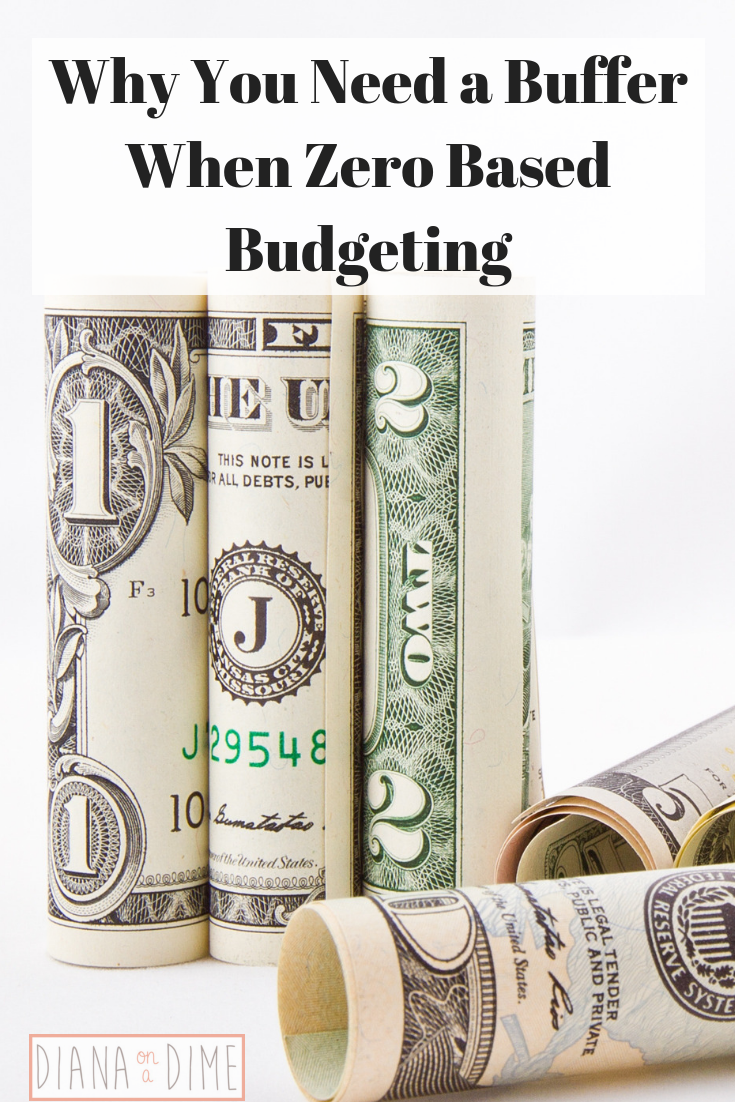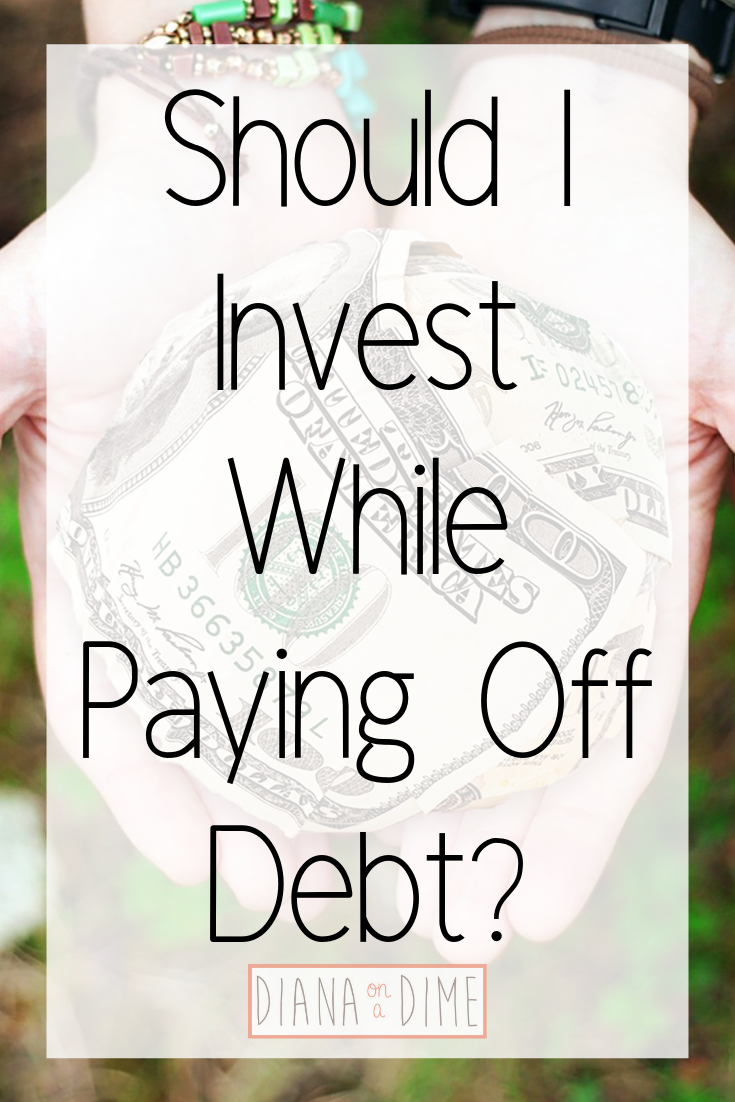What to Do with a Windfall of Money
This post may contain affiliate links. Check out my Disclosure Policy for more information.
A windfall of money can be a wonderful thing for your personal finances. It can enable you to get out of debt, finish that emergency fund, or get some needed stuff done around the house. However, it can be overwhelming to get unexpected money and figure out what to do with it.
I consider a windfall of money to be any money that you weren’t expecting. So, your paycheck, side hustle money, or overtime pay, wouldn’t count in these. These are things that you worked for, so it would be expected that you got money.
A windfall of money is any money that you get that wasn’t expected. For example, and a big one right now, is your tax refund, if you get one. I plan to redo mine at my next job so that I don’t get a refund, and instead get that money throughout the year, but for now, I get a nice refund each year.
The easiest way to handle this type of money is to earmark it for something as soon as you find out about it. For example, I found out my tax refund amount and immediately knew what I would use it for. This makes it easier to manage when the money is in your account.
Here are some tips to consider when deciding how to manage a windfall of money. Of course, personal finance is personal, and these are my suggestions on how to manage this unexpected money.
1. Add to your emergency fund with a windfall of money.
I strongly encourage everyone to look at their emergency funds first when they get any windfall of money. The reason being that without an emergency fund, you will never get ahead in the event of the unexpected.
My suggestion is to have at least 1 month of expenses saved, if you are paying off non-mortgage debt. Once you are debt free, other than your mortgage, you should have at least 3-6 months of expenses saved.
Now, this is heavily impacted depending on your income and how reliable it is. If you’re in a job that the income is unreliable and changes every month, I would encourage you to have a 3-6 months emergency fund, regardless of your debt. This is also the case if you are in a job that is only short term or is a short contract. Of course, if you are in this line of work you need to budget for the variable income.
By using your windfall of money to have a full emergency fund in place, it will allow your normal income to work for you in your other goals. This will shorten the time it will take to reach those goals.
2. Apply it to your current financial goal.
If your emergency fund is good to go, I would suggest applying this windfall of money to whatever goal you are currently working on. Are you cash flowing renovations on your house, cash flowing a car, paying off debt, saving for a house, paying off your mortgage, investing, or anything else that there is to do out there with your money?
Any of these goals can be worked on with a windfall of money and I encourage you to do so. Any unexpected cash will shorten the time it takes to reach your ultimate goal that you are currently working on.
3. Cash flow your normal sinking funds.
Sinking funds are great to slowly save up for things you know are coming. I personally have one for my car, medical expenses, summer, moving out, and self care. By having these accounts, it allows me to easily go to the doctor when I’m sick or fill prescriptions and it not impact my budget.
With a windfall of money, it may be good to fill up those sinking funds, or simply cash flow an expense that you know is needed. For me, I haven’t had a hair cut in 7 months, so instead of pulling from my self care sinking fund, I simply cash flowed the hair cut with my tax refund.
The important thing is to be mindful of the money.
This is with all of our money, normal income or a windfall of money, we need to be mindful of our money. When we aren’t mindful of it, it disappears without us knowing where it went. Be mindful of where the money is going, what purpose will you give this money.
A windfall of money can be a wonderful way to get your goals accomplished faster, or it can simply be thrown away. Make sure that doesn’t happen! By budgeting every month and then being able to budget this money to help you work on some long term goals, you will set yourself up for a much brighter financial future.
I personally used my tax refund to fill my moving out fund for the month of March ($500), paid for a hair cut ($40), and the rest is going to my student loans ($2,593.20). You need to figure out how this money will best serve you and your current needs, as well as your long term goals.
I’d love to hear how you’re allocating your windfall of money to best serve you in the comments!





